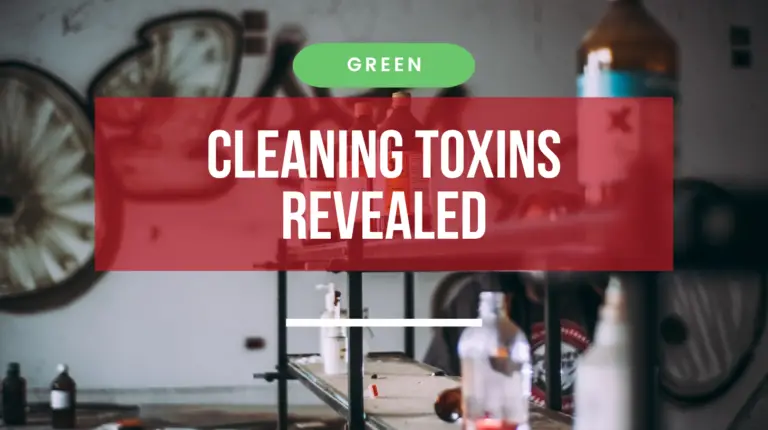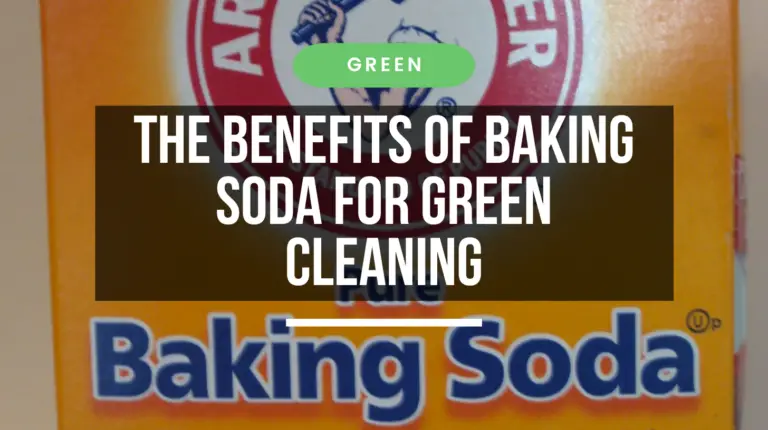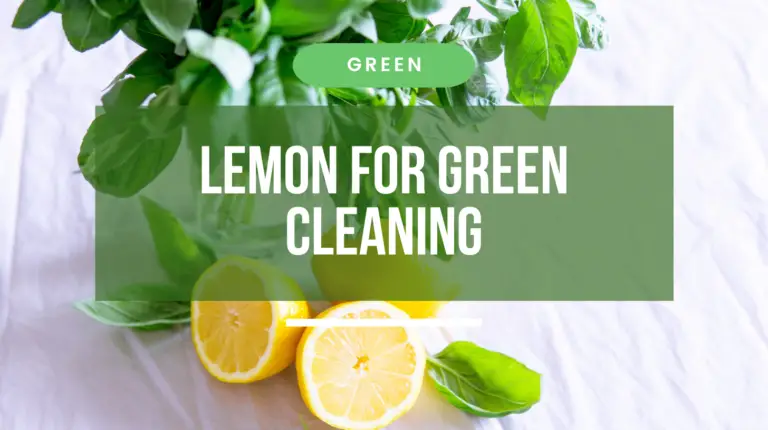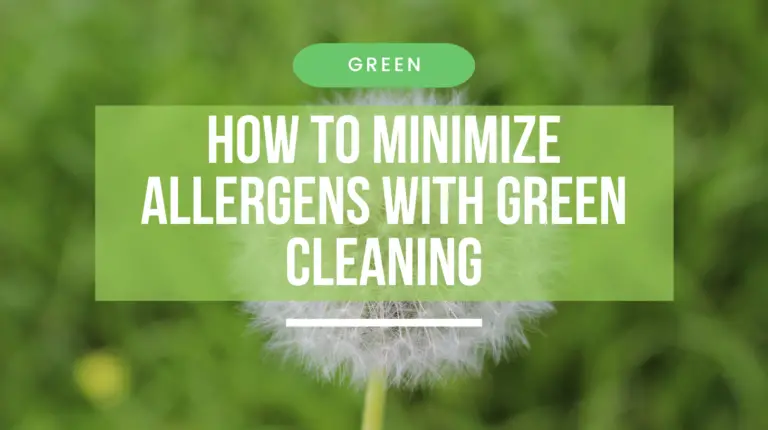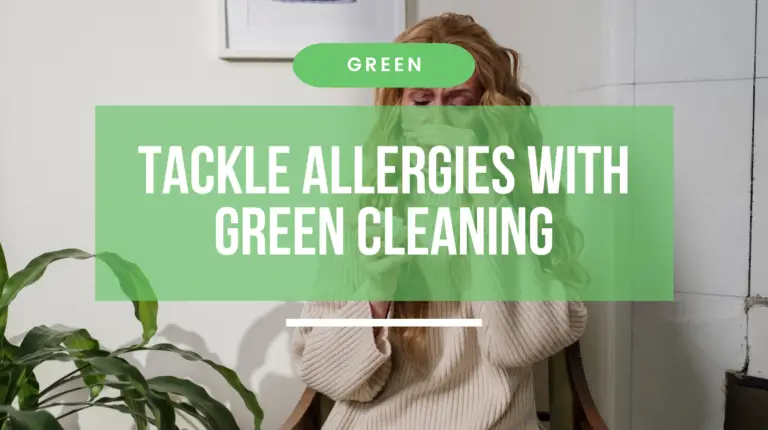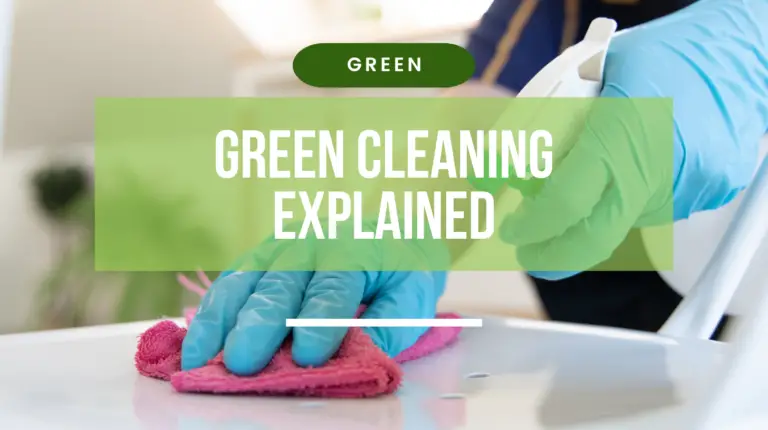Can you use Vinegar to Clean Stone Benchtops?
This post contains affiliate/referral links, so we may earn a small commission when you make a purchase through links on our site at no additional cost to you.
As a homeowner with stone benchtops, I’ve always been careful about what I use to clean them. I know that the wrong cleaner can damage the surface, so I’ve always been hesitant to use anything too harsh.
One of the most common questions I get from other homeowners is whether or not vinegar can be used to clean stone benchtops. Vinegar is a popular natural cleaner that’s safe to use on many surfaces, but is it safe for stone?
In this blog post, I’ll discuss the common misconceptions about using vinegar on stone surfaces, and I’ll explain why it’s important to use the right cleaner for your stone benchtops.
Understanding the Challenges of Cleaning Stone Benchtops
Stone is a natural material, and it’s more porous than other materials like laminate or quartz. This means that it’s more susceptible to stains and etching.
One of the biggest challenges of cleaning stone benchtops is that the wrong cleaner can damage the surface. For example, acidic cleaners can etch the stone, and alkaline cleaners can leave behind a dull residue.
That’s why it’s important to use a pH-neutral cleaner when cleaning stone benchtops. A pH-neutral cleaner is neither acidic nor alkaline, so it won’t damage the stone.
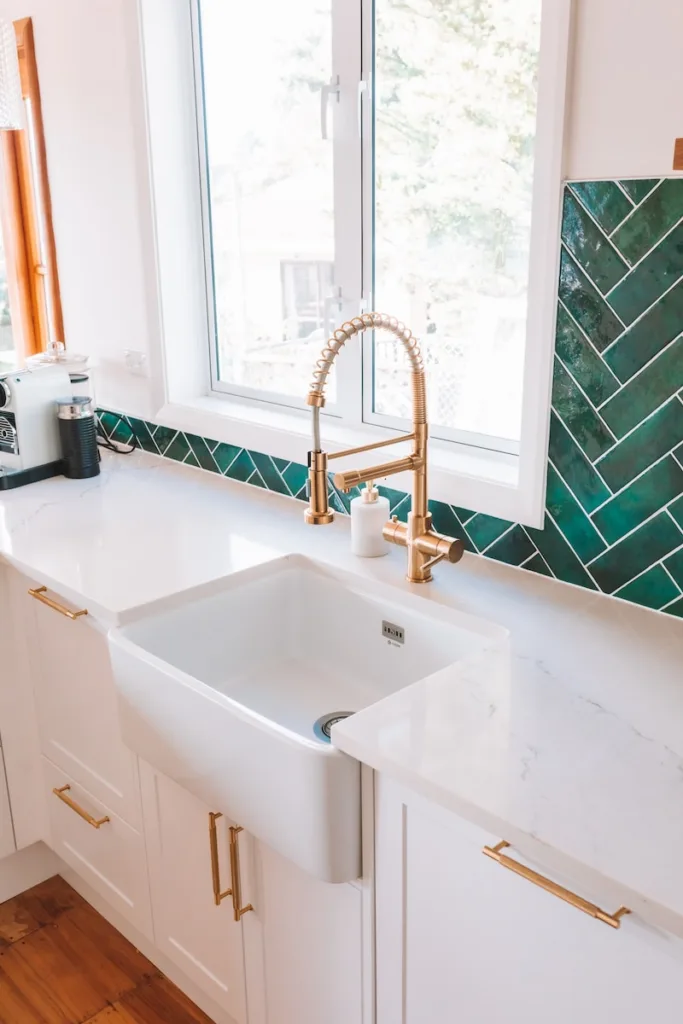
Can You Clean Stone Benchtops with Vinegar?
There is a lot of conflicting information out there about whether or not vinegar can be used to clean stone benchtops. Some people say that vinegar is safe to use on all types of stone, while others say that it can damage certain types of stone.
So, what’s the truth?
Vinegar is a mild acid, and it’s important to remember that acid can etch stone. This is especially true for natural stone, which is more porous than other materials like laminate or quartz.
Etching is a process that occurs when the acid dissolves the surface of the stone. This can create a dull or cloudy appearance, and it can also make the stone more susceptible to stains.
Some types of natural stone, such as marble, limestone, and travertine, are particularly susceptible to etching. These types of stones should not be cleaned with vinegar or any other acidic cleaner.
Even if you have a type of natural stone that is less susceptible to etching, it’s still important to be careful when using vinegar. If you do choose to use vinegar, be sure to dilute it with water and rinse the area thoroughly after cleaning.
Here are some insights from experts on the risks associated with using vinegar to clean stone benchtops:
- The Natural Stone Institute: “Vinegar is an acidic cleaner, and it can etch the surface of natural stone. It should not be used to clean stone benchtops.”
- The Marble Institute of America: “Vinegar is a mild acid, and it can etch the surface of marble. It should not be used to clean marble benchtops.”
- HomeAdvisor: “Vinegar is a popular natural cleaner, but it can be too acidic for stone benchtops. If you do choose to use vinegar, be sure to dilute it with water and rinse the area thoroughly after cleaning.”
Based on the advice of experts, I recommend avoiding using vinegar to clean stone benchtops. There are many other safe and effective cleaners available, so there’s no need to risk damaging your stone.
If you are interested in what you CAN use vinegar for, check out this post.
How to Safely Use Vinegar for Stone Benchtops
I know that some people choose to use vinegar to clean their stone benchtops, despite the risks. If you do choose to use vinegar, it’s important to take precautions to avoid damaging your stone.
Here are some guidelines for using vinegar on stone benchtops:
- Dilute the vinegar with water in a 1:1 ratio. This will help to reduce the acidity of the vinegar and make it less likely to etch the stone.
- Spot test the vinegar solution in an inconspicuous area before using it to clean the entire surface. This will help you to identify any potential problems.
- Avoid using vinegar on sealed or polished stone surfaces. The vinegar can dissolve the sealant or polish, leaving the stone more vulnerable to stains and etching.
To clean stone with vinegar, simply wipe down the surface with a damp microfiber cloth dipped in the diluted vinegar solution. Be sure to rinse the area thoroughly with water after cleaning.
Here are some additional tips:
- Avoid using vinegar on hot surfaces. The heat can cause the vinegar to evaporate more quickly, and it can also make the vinegar more acidic.
- Do not let the vinegar solution sit on the stone surface for too long. Wipe down the area immediately after cleaning.
- If you have any concerns about using vinegar to clean your stone benchtops, be sure to consult with a professional stonemason.
Personally, I recommend avoiding vinegar altogether. There are many other safe and effective cleaners available, so there’s no need to risk damaging your stone. But if you do choose to use vinegar, be sure to follow these guidelines carefully.
Alternatives to Vinegar for Cleaning Stone Benchtops
I know that some people prefer to use natural cleaners, even when cleaning their stone benchtops. If you’re looking for alternatives to vinegar, here are a few options:
- Baking soda: Baking soda is a mild abrasive that can be used to remove stains and dirt from stone surfaces. To use baking soda, simply mix it with water to form a paste. Apply the paste to the stain and let it sit for a few minutes before scrubbing it away with a damp cloth. Be sure to rinse the area thoroughly with water after cleaning.
- Castile soap: Castile soap is a mild soap that can be used to clean stone surfaces without damaging them. To use castile soap, simply mix it with water in a spray bottle. Spray the solution onto the stone surface and wipe it clean with a damp cloth.
- Hydrogen peroxide: Hydrogen peroxide is a mild disinfectant that can be used to clean and sanitize stone surfaces. To use hydrogen peroxide, simply mix it with water in a spray bottle. Spray the solution onto the stone surface and let it sit for a few minutes before wiping it clean with a damp cloth.
If you’re interested in natural cleaning solutions, check out how to make 5 easy DIY cleaning products here.
If you’re looking for a commercial stone cleaning product, here are a few recommendations from experts:
- StoneTech Revitalizer: This product is designed to clean and protect stone surfaces. It’s safe to use on all types of stone, and it won’t etch the surface. You can view it on Amazon, here.
- Miracle Sealants Granite Gold: This product is another good option for cleaning and protecting stone surfaces. It’s safe to use on all types of stone, and it’s also food-safe. You can view it on Amazon, here.
- Tenax Tile & Stone Multi-Surface Cleaner: This product is a versatile cleaner that can be used on a variety of surfaces, including stone. It’s safe to use on all types of stone, and it’s also biodegradable. You can view it on Amazon, here.
I recommend avoiding acidic substances, like lemon juice, to clean stone surfaces. Acidic substances can etch the stone and damage the finish.
Maintaining the Shine and Integrity of Stone Benchtops
As a homeowner with stone benchtops, I know that proper maintenance is essential to keeping them looking their best. Stone is a natural material, and it’s important to take care of it so that it can last for many years.
Here are some tips for maintaining a high-gloss finish on marble and granite:
- Clean your stone benchtops regularly. Use a pH-neutral cleaner and a soft cloth to avoid scratching the surface.
- Seal your stone benchtops regularly. This will help to protect them from stains and etching. You can seal your stone benchtops yourself, or you can hire a professional to do it for you.
- Avoid using harsh chemicals on your stone benchtops. This includes acidic cleaners, alkaline cleaners, and abrasive cleaners.
- Wipe up spills immediately. The longer a spill sits on the stone, the more likely it is to stain.
Here are some additional tips for maintaining stone benchtops:
- Avoid cutting directly on your stone benchtops. Use a cutting board to protect the surface.
- Use trivets or placemats under hot pots and pans. This will help to prevent heat damage.
- Be careful when moving heavy objects on your stone benchtops. Stone can be scratched or chipped if it’s not handled carefully.
I recommend resealing your stone benchtops every six to twelve months, depending on how often you use them. If you have a lot of traffic in your kitchen, you may need to seal your benchtops more often.
I’ve learned the hard way that it’s important to be careful with stone benchtops. I used to cut directly on my marble benchtops, and now I have a few scratches. I also used to use harsh chemicals to clean my granite benchtops, and now they’re not as shiny as they used to be.
I’m now much more careful with my stone benchtops, and I’m glad that I’ve learned from my mistakes. By following the tips above, you can keep your stone benchtops looking their best for many years to come.
Keep those benchtops clean
In this post, I’ve discussed the importance of using the right cleaner for stone benchtops. Stone is a natural material, and it’s susceptible to damage from acidic and alkaline cleaners.
I’ve also provided tips on how to clean and maintain stone benchtops, including:
- Use a pH-neutral cleaner.
- Avoid abrasive cleaners.
- Seal your stone benchtops regularly.
- Spot test any new cleaning product in an inconspicuous area before using it on the entire surface.
I hope this information has been helpful. If you have any questions or tips for stone benchtop maintenance, please feel free to share them in the comments below.
Personally, I’m always looking for new ways to clean and maintain my stone benchtops. I’ve learned a lot from other homeowners and experts, and I’m happy to share my knowledge with others.
Additional Resources
- Related articles and further reading:
- Contact information or links to professionals who specialize in stone countertop care:
I also recommend reading the product manual for your stone benchtops. This will provide specific instructions on how to clean and maintain your stone surfaces.
I hope this information is helpful. Please let me know if you have any other questions.
Personally, I’ve found the Marble Institute of America website to be a very helpful resource for learning about stone benchtop care and maintenance. They have a lot of informative articles and videos on their website.
I’ve also used the StoneTech website to find a professional stone countertop care company in my area. I was very happy with the service I received, and my stone benchtops look great now.


